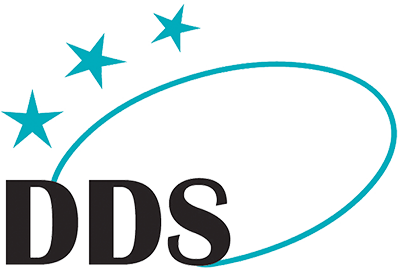DDS believes that children who are born prematurely or with developmental delays can achieve great strides through training and education. DDS works intensively with infants and toddlers and continues to work with school age children and teens by providing an array of recreational activities.
Infants born prematurely or with a specific disability such as spina bifida, autism, cerebral palsy, down syndrome, or intellectual disabilities often have trouble learning or doing every day activities. Therapists will visit children in their home setting from birth to age three.
Early Intervention Services
This program focuses on parent education, as well as techniques to use with infants and toddlers to help them reach important developmental milestones.
Parents are taught appropriate activities and therapy techniques to encourage natural learning throughout the day while in the child’s home environment.
An Individualized Family Service Plan (IFSP) is developed to address family concerns and to detail appropriate services, education and community resources in these five areas of development:
- Communication
- Fine Motor Skills
- Thinking Skills
- Gross Motor Skills
- Social/Emotional Growth
Special Instruction
Special instruction is provided for infants and toddlers to help develop cognitive, physical and social-emotional skills necessary for a child to communicate needs and wants, interact with family members and peers.
Special instructors will focus on a child’s strengths and help parents determine how best to maximize a child’s engagement and development in daily play routines. Instructors listen to the concerns parents have and help them address those concerns with measurable goals and outcomes.
DDS instructors have special training to assist parent with Behavioral concerns to address issues of potty training and disciplining.
Physical Therapy
When an infant is unable to move or is delayed in movement skills or exploration abilities, the DDS pediatric physical therapist is there to help.
The therapist will instruct the family how to carry, position and play with their child to incorporate special activities and will educate the family in gross motor development and what to expect at each developmental stage.
Occupational Therapy
Occupational therapy focuses on helping youngsters learn how to use their hands for specific tasks. The tasks that must sometimes be learned with the therapist’s help include reaching for and playing with toys, bringing food to their mouths or putting on a shirt.
Sometimes, an infant or child needs assistance learning how to suck, accepting lumps in foods, accepting a caretaker’s touch or learning that moving is fun and not frightening.
Speech Therapy
DDS provides speech-language therapy to children with learning delays or physical disabilities. The speech-language pathologist evaluates each child’s auditory comprehension, expressive communication and speech-sound production.
Speech therapy prepares children to talk by increasing their eye contact, attention skills and imitation abilities. While receiving speech therapy, children begin to develop the ability to communicate with others.
Children may be instructed on how to use communication aides; some examples include sign language, picture boards and electronic devices.

